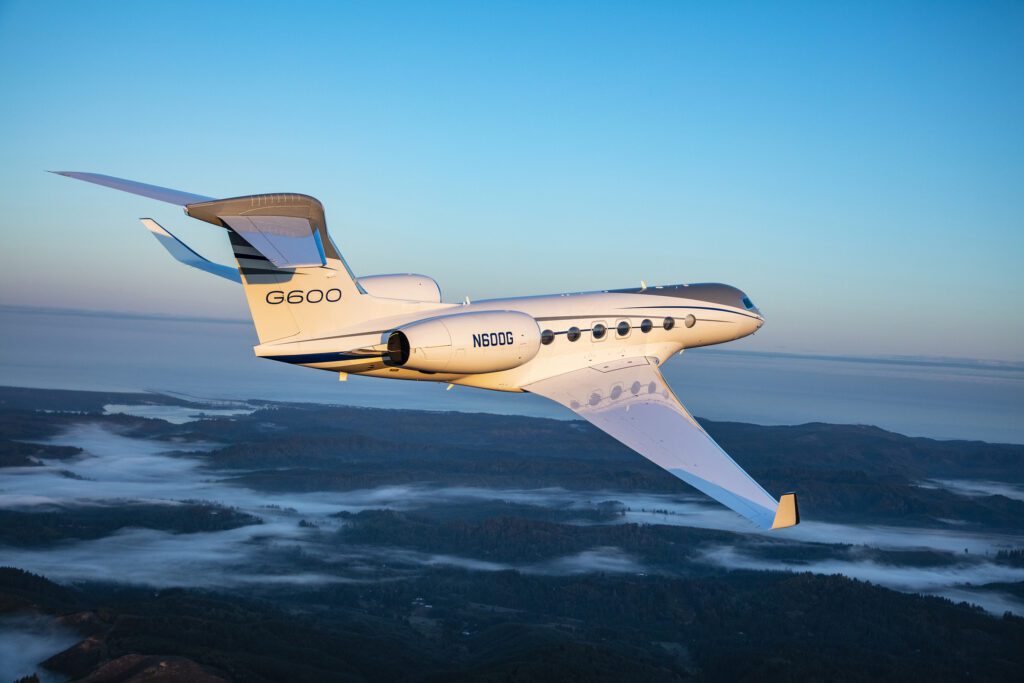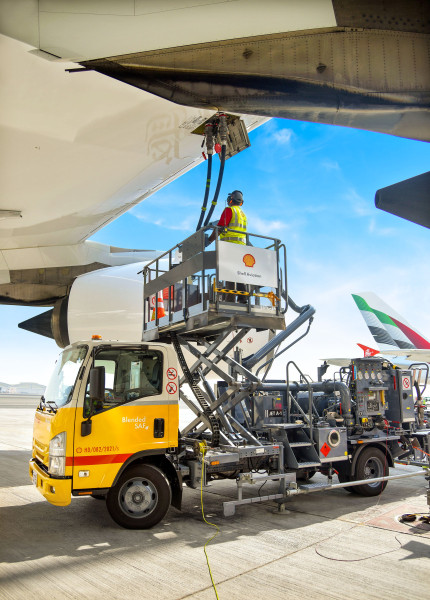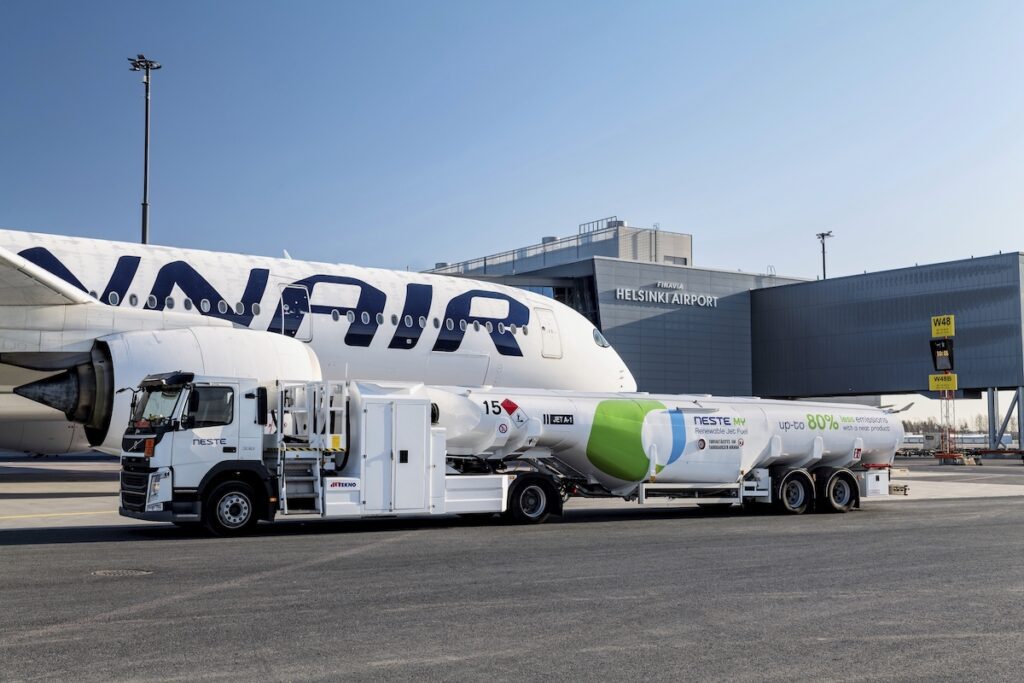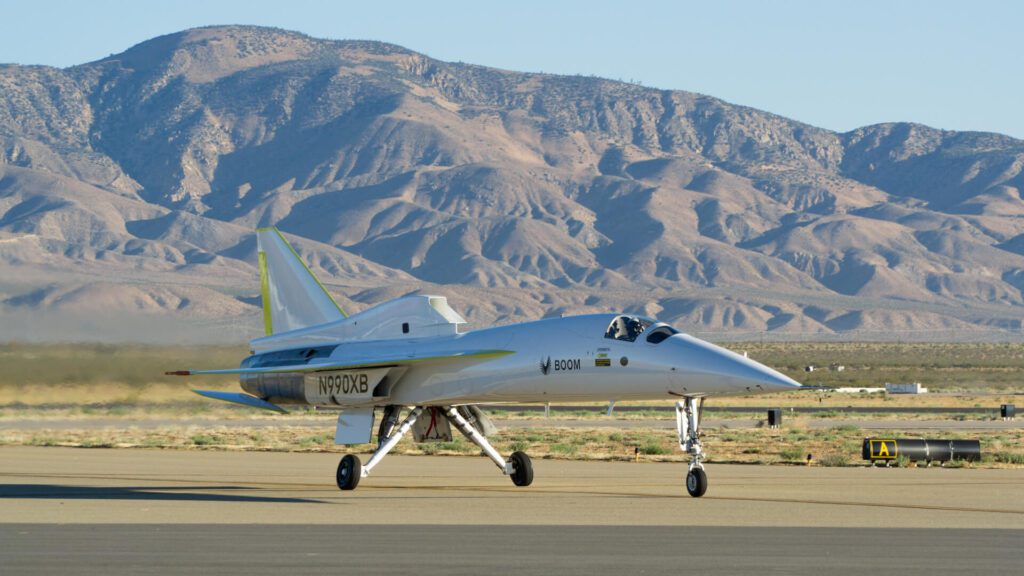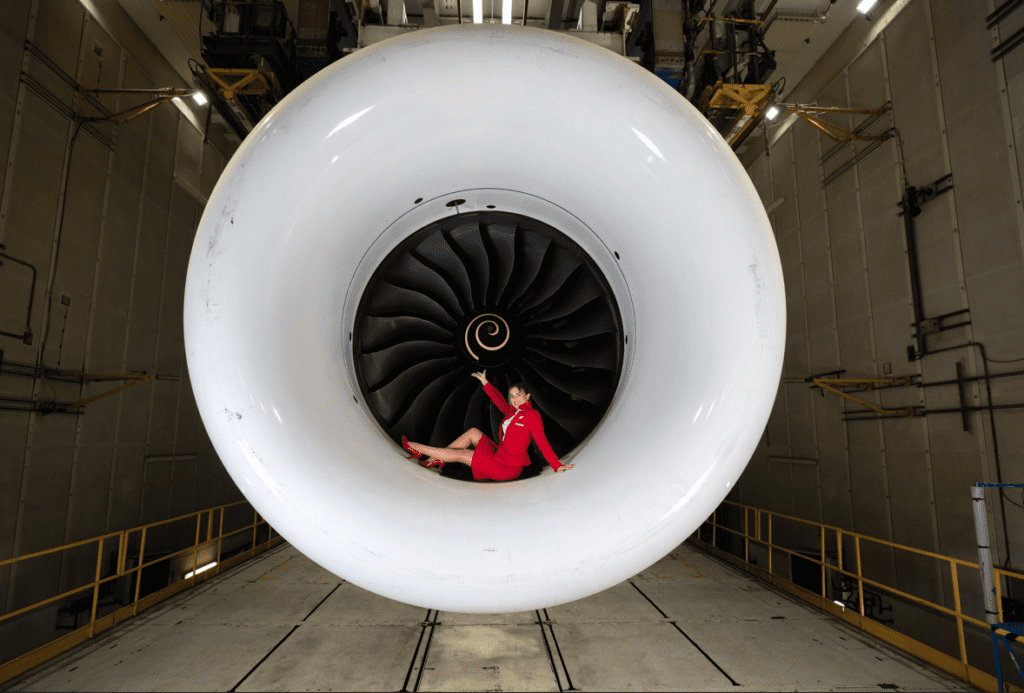Gulfstream Aerospace Corp. has announced that one of its Gulfstream G600 aircraft has successfully completed the world’s first trans-Atlantic flight powered by 100% sustainable aviation fuel (SAF).
The aircraft, which departed the company’s headquarters in Savannah, Georgia on November 19, landed almost seven hours later at Farnborough Airport in England.
The SAF used on the flight was comprised of 100% Hydroprocessed Esters and Fatty Acids (neat HEFA), and was produced by World Energy and delivered by World Fuel Services.
According to a release, it is hoped the data collected from this flight will ‘help Gulfstream and its key suppliers gauge aircraft compatibility with future low-aromatic renewable fuels, particularly under cold temperatures for extended flight durations.’
“Gulfstream is innovating for a sustainable future,” said Mark Burns, president, Gulfstream.
“One of the keys to reaching business aviation’s long-term decarbonization goals is the broad use of SAF in place of fossil-based jet fuel. The completion of this world-class flight helps to advance business aviation’s overarching sustainability mission and create positive environmental impacts for future generations.”
Skift Ideas uncovers the most creative and forward-thinking innovations happening across travel. We celebrate innovation through our Skift IDEA Awards and hear from leaders on our Ideas podcast.
You can listen and subscribe to the Skift Ideas Podcast through your favorite podcast app here.
